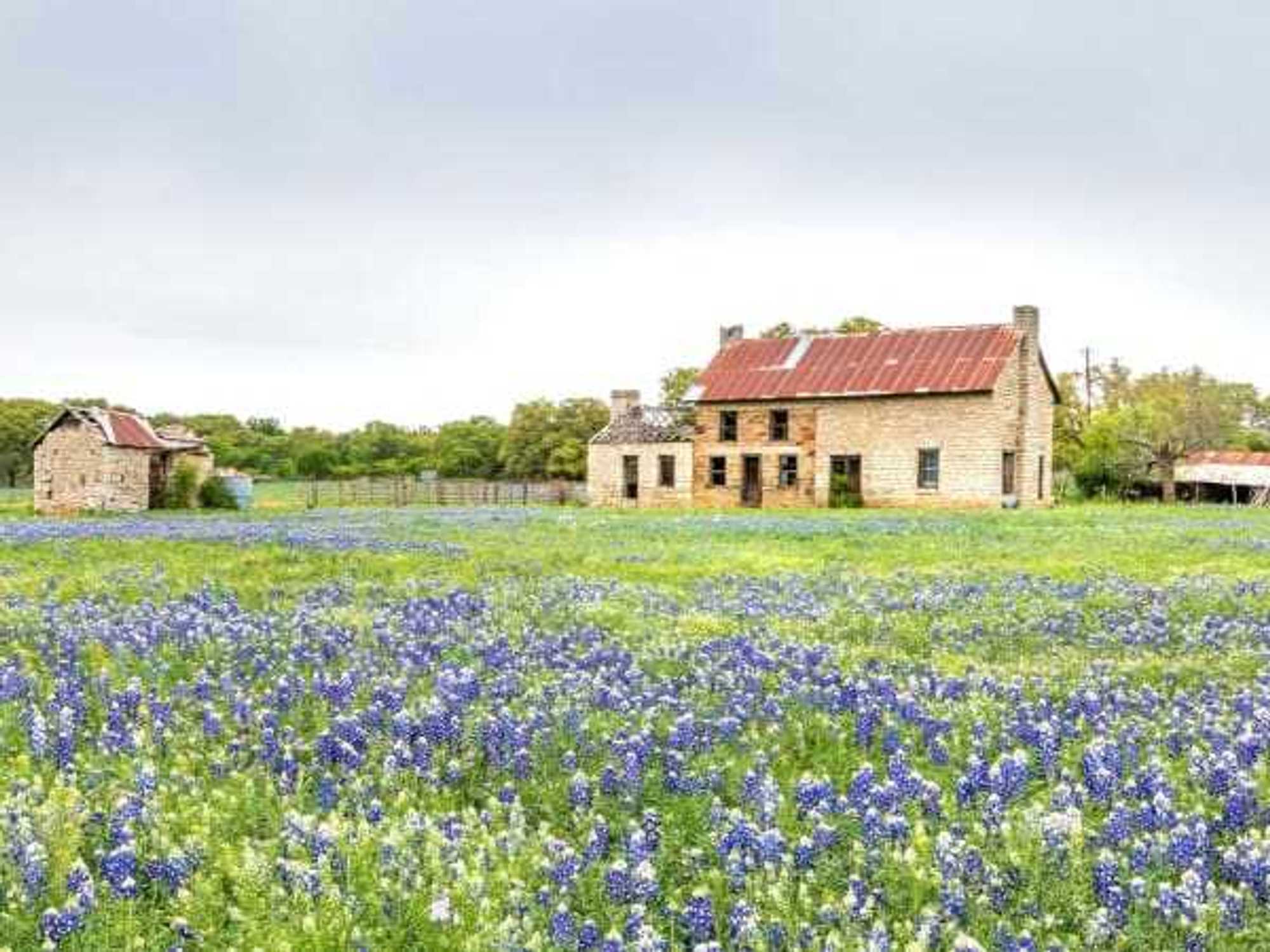Texans sensing spring coming in on the breeze can start planning their drought-tolerant gardens now. A new app by the Texas Parks and Wildlife Foundation (TWPF) gives free tips on planting native species that are low-maintenance and friendly to pollinators.
Users don't need any gardening experience to start planting with Wild Thumb. It lays out instructions step-by-step and accommodates different regions and needs, considering backyards as well as humble flower pots. It's also good for inattentive gardeners, since it can remind users to water and prune their plants when it's time and sends freeze alerts.
To use the app, gardeners will have to sign up with an email and enter their ZIP Code. This connects the account to an ecoregion, an area of land that's defined by certain characteristics like climate, precipitation, wildlife, soil types, and more. That makes ecoregions much more detailed than the United States Department of Agriculture's widely known Hardiness Zones, which are only based on extreme cold data.
After giving a quick overview of the ecoregion, the app settles into a dashboard including the current temperature, time of sundown, and projects. Users can choose the type of project they want to start (pots/planters, beds, and pocket prairies), take a look at some advice for preparing in real life, and then build a schematic with native plants and at-a-glance information about them.
After the diagram is complete, the user can check off a list of tasks and progress through different phases of the project. An "explore" tab lists local nurseries, seed providers, and seed mixes to help with shopping, and the app also suggests that users get on iNaturalist, a citizen science community.
“Wild Thumb takes the guesswork out of native gardening so that anyone in Texas — no matter where they live or how much space they have — can be part of the pollinator solution,” said Julie Shaddox, TPWF’s Director of Development & Conservation Programs, in a press release. “Most people don’t realize that many of our native pollinators, including the American bumblebee, are in decline. By planting even a few native plants, Texans can make a tangible difference in restoring the critical habitat these species depend on.”
The release promises more plant species in the app's future, along with information on what types of pollinators love each plant. There will also be more education about prairie ecosystems; grassland and prairies make up 60 percent of Texas, according to Audubon Texas.
Users can enjoy the app for free thanks to funding from H-E-B, the presenting sponsor of TWPF's Pollinators & Prairies program. Phillips 66 is also a contributing sponsor, and Outside Studio, the Native Plant Society of Texas, and professional botanists helped develop the app. Anyone with a smartphone or iPad can download the app from the App Store and Google Play now.

